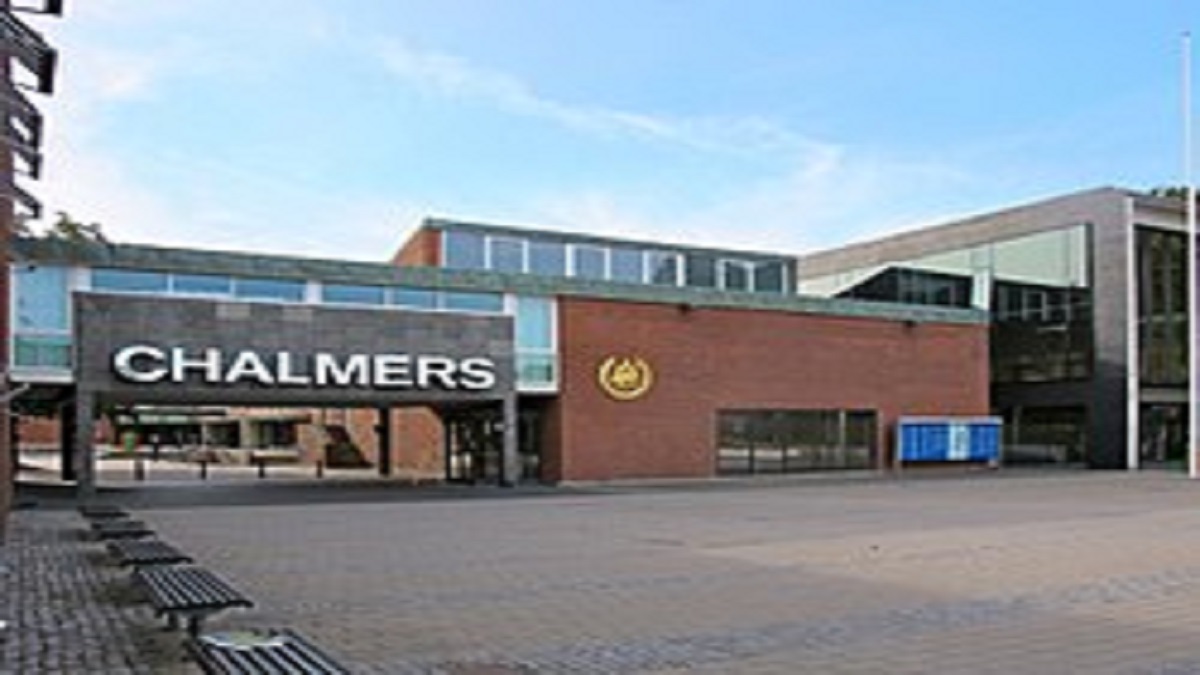
This project is part of QuantumStack, a 5-year project funded by the Swedish Foundation for Strategic Research, with the aim of developing a full software stack for programming quantum computers. The project is integrated with the Wallenberg Centre for Quantum Technology (WACQT), a 12-year, billion-SEK initiative started in 2018 with the purpose of advancing Swedish academia and industry to the forefront of quantum technology, and to build a Swedish quantum computer. Our ambitious goal at Chalmers is to build this quantum computer with 100 superconducting qubits and to apply it to real computational problems that cannot be efficiently solved on a conventional computer.
Project description
We are seeking a postdoc to optimize compilation of programs that are to be run on our quantum computers. Improving the compilation of abstract quantum algorithms into hardware-specific instructions is crucial to make quantum computers useful. The work in this project is about exploring and improving methods for one or more parts of the compilation problem, e.g., to map logical qubits in a hardware-agnostic quantum algorithm to physical qubits in specific quantum-computing hardware, to insert a minimum number of extra operations to connect qubits that need to interact but are not nearest neighbours after the initial mapping, or to compress the resulting quantum circuit as much as possible. One tool for tackling all these problems is machine learning; we have already begun to develop such a framework in the research group. An important part of the research will be to use information about the quality of qubits and gates on realistic noisy quantum hardware in the optimization, and finding the best performance metrics to optimize for.
Building a quantum computer requires a multi-disciplinary effort involving experimental and theoretical physicists, electrical and microwave engineers, computer scientists, software engineers, and researchers in materials science and nanotechnology. We are developing the superconducting quantum devices, control circuits, firmware, and methods required to make the quantum computer a reality. This development takes place is in a close, fruitful collaboration between experimentalists in the Quantum Technology Laboratory (QTL) and theorists at the Applied Quantum Physics Laboratory (AQPL) and the Department for Computer Science and Engineering. Our team is also a prominent partner in the internationally competitive OpenSuperQ collaborative project working to build a quantum computer within the EU Flagship on Quantum Technology.
Our WACQT team at Chalmers currently has about 100 members (faculty, permanent research staff, postdoctoral researchers, PhD students, and undergraduate students) and is expanding. WACQT is committed to promoting career development, diversity, and gender equality through networking and supporting activities.
Our department (MC2) is host to the state-of-the-art MC2 Nanotechnology Laboratory cleanroom, the largest such facility in Northern Europe, and our measurement lab at QTL is well equipped with cryogenic and microwave electronic equipment. We are in a position to build and operate large-scale quantum processors.
Major responsibilities
Your major responsibility as a postdoc is to develop compilation methods for quantum circuits on noisy quantum hardware. This will include both analytical and numerical work, and potentially also communication with experimentalists who can try out the methods that are developed in this project. You may also help in supervising PhD students and/or master’s students working on compilation of quantum circuits or similar topics.
Required qualifications:
- PhD in Physics, Computer Science, or neighbouring fields (obtained before employment begins)
- Excellent communication skills in written and spoken English
- Ability to program in high-level languages such as Python or C
- Experience of machine learning
Desired qualifications:
- Experience from working on quantum computing, ideally on compilation of quantum circuits
We value a collaborative attitude and an interest in working both in teams and independently. Self-motivation, attention to detail, and a problem-solving analytical ability are important personal qualities for this position.
Contract terms
This postdoc position is a full-time temporary employment for two years.
Application deadline: 31 January 2025
For questions, please contact:
Assoc. Prof. Anton Frisk Kockum, AQP,
anton.frisk.kockum@chalmers.se
*** Chalmers declines to consider all offers of further announcement publishing or other types of support for the recruiting process in connection with this position. ***
Chalmers University of Technology in Gothenburg conducts research and education in technology and natural sciences at a high international level. The university has 3100 employees and 10,000 students, and offers education in engineering, science, shipping and architecture. With scientific excellence as a basis, Chalmers promotes knowledge and technical solutions for a sustainable world. Through global commitment and entrepreneurship, we foster an innovative spirit, in close collaboration with wider society.
Chalmers was founded in 1829 and has the same motto today as it did then: Avancez – forward.




